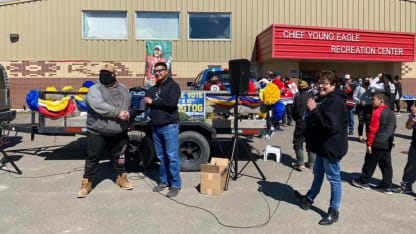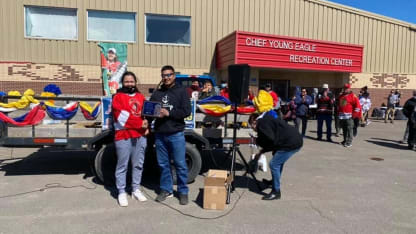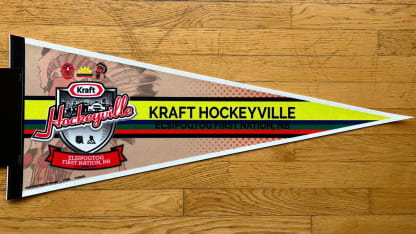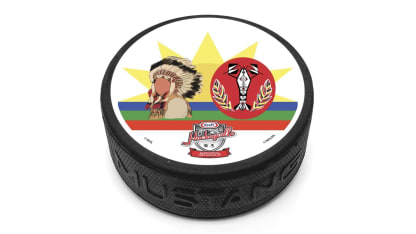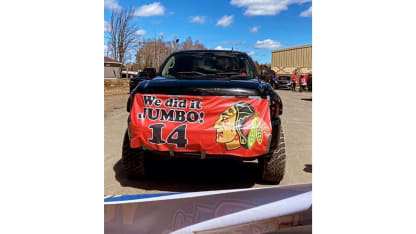Though the hope was for ice to be installed by Oct. 1, making the arena operational to play an alumni game Thursday, a pipe leak has delayed opening for another 3-4 months. The alumni game was moved to Imperial Kent North Centre in nearby Richibucto.
Bryan Trottier
, a Hockey Hall of Famer who won the Stanley Cup four times with the New York Islanders and twice with the Pittsburgh Penguins and is of Metis First Nation descent, will play in the alumni game. He will be joined by
Jamie Leach
, who won the 1992 Stanley Cup with the Penguins and is Ojibwe, and
Everett Sanipass
, a member of Elsipogtog First Nation who played five seasons for the Chicago Blackhawks and Quebec Nordiques.
"For this community, it's a big, big thing not just for them, but for everybody across Canada that are First Nation communities," said
Reggie Leach
, Jamie's father, who is Berens First Nation and won the Stanley Cup with the Philadelphia Flyers in 1975 and the Conn Smythe Trophy as the most valuable player of the Stanley Cup Playoffs in 1976.
"It's very important to have us recognized. We've been here a long time and for our First Nations people that are in these communities, life is all about hockey for their kids. What the National Hockey League is doing for this community, it's a wonderful, wonderful thing.
"When we make up our mind to do something, we can do it."
----
Hockeyville is where it begins again for Carpenter.
She learned to skate at Chief Young Eagle Recreation Centre and earned an NCAA hockey scholarship to Plymouth State University in New Hampshire. In 67 games from 2014-18, the forward had five points (one goal, four assists). Today, she is an Indigenous long-term participation development coordinator for the nonprofit Aboriginal Sports Circle.
Carpenter learned about Hockeyville from Facebook and got organized, teaming with cousins Sharona Levi and Malian Levi, and Sanipass' niece, Kylie Francis. They contacted Nancy Hallihan-Sturgeon, chair of the volunteer organizing committee for Hockeyville 2019 winner Renous, New Brunswick, for guidance.
The Facebook group grew from 1,000 on Day One to 10,000 within the first week. Support arrived beyond New Brunswick, including an elementary school teacher from Bobcaygeon, Ontario, who reached out, her students captivated by their story and compelled to help vote them into the final four.
"As we got more recognition and as our group grew, it wasn't just our community in New Brunswick," Carpenter said. "It was First Nations across Canada, Indigenous people across Canada, that were supporting us because we were making the history of being in the top four and eventually becoming the winners. It was just surreal."
